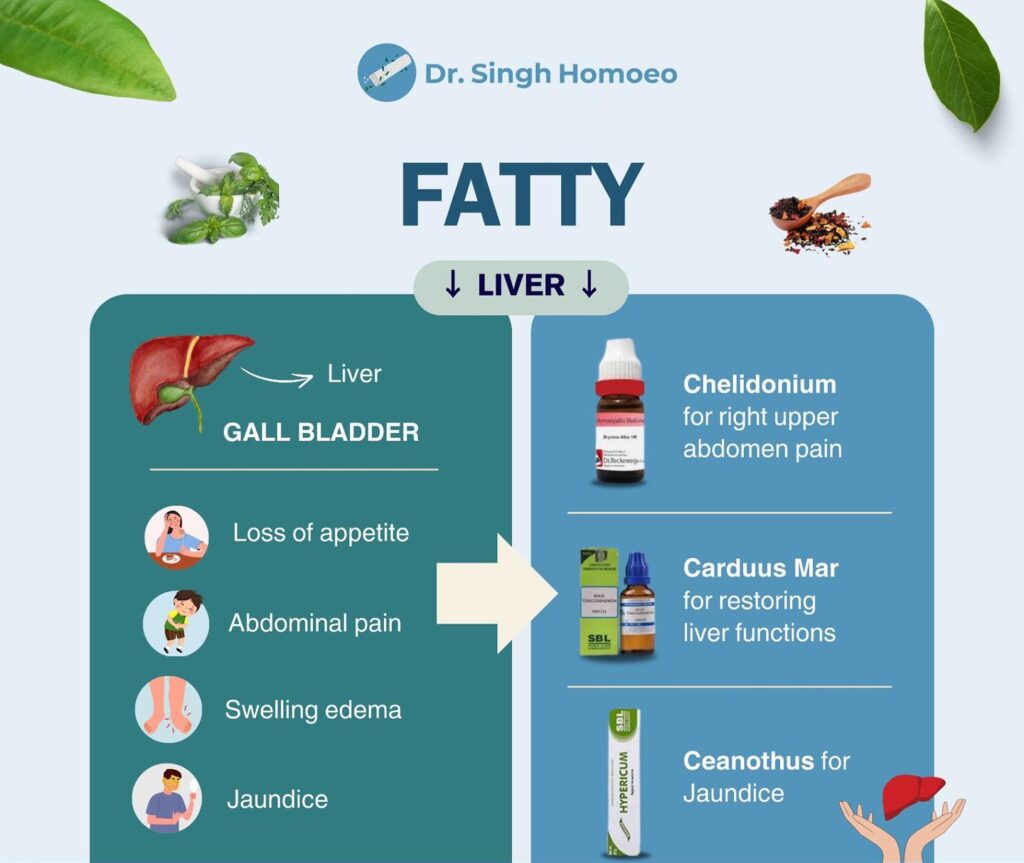
Uterine fibroids, also known as leiomyomas or myomas, are non-cancerous growths that develop in or around the uterus. Although benign, fibroids can cause significant discomfort and disrupt daily life with symptoms such as heavy menstrual bleeding, pelvic pain, and bladder issues.
What are Uterine Fibroids?
Uterine fibroids are common, especially in women between the ages of 30 and 50. These growths are composed of smooth muscle cells and fibrous tissue and can vary in size, from as small as a seed to as large as a grapefruit. Fibroids may develop inside the uterine wall, on its surface, or within the uterine cavity.
Although most fibroids are harmless, they can sometimes cause uncomfortable symptoms, including:
● Heavy or prolonged menstrual periods
● Pelvic pain or pressure
● Frequent urination or difficulty emptying the bladder
● Constipation
● Pain during intercourse
● Lower back pain
Causes of Uterine Fibroids
The exact cause of uterine fibroids is still unknown, but several factors may contribute to their development:
- Hormonal Imbalance: Estrogen and progesterone, two hormones that regulate the menstrual cycle, play a significant role in the growth of fibroids. During reproductive years, when these hormones are at their highest levels, fibroids tend to grow more rapidly.
- Genetic Factors: If your mother or sister has had fibroids, you are more likely to develop them.
- Age: Fibroids are more common in women in their 30s and 40s and tend to shrink after menopause.
- Lifestyle: High-fat diets, lack of exercise, and obesity have been linked to the development of fibroids. Poor nutrition can also exacerbate symptoms.
- Stress: Emotional and mental stress may worsen symptoms, including menstrual pain and digestive issues.
How Homeopathy Manages Uterine Fibroids
Homeopathy offers a safe, non-invasive, and effective treatment for uterine fibroids, focusing on restoring hormonal balance and strengthening the body’s natural healing ability. Homeopathic remedies aim to reduce fibroid size, alleviate symptoms, and prevent further growth, without the side effects of surgery or hormonal treatments.
Here’s how homeopathy helps:
- Individualized Treatment: Every woman’s experience with fibroids is different. Some may have severe pain and heavy bleeding, while others experience mild discomfort. Homeopathic treatment is personalized based on the type of fibroid, the intensity of symptoms, and the individual’s overall health.
- Hormonal Regulation: Homeopathy addresses the root cause of fibroids, particularly hormonal imbalances. Remedies work to balance estrogen and progesterone levels, which play a key role in fibroid growth.
- Symptom Management: Whether you’re dealing with heavy bleeding, pain, or urinary problems, homeopathy offers relief by targeting specific symptoms and restoring normal body functions.
- Gentle and Non-Invasive: Unlike surgery, homeopathic remedies are gentle and non-invasive. They stimulate the body’s natural healing process and don’t interfere with your body’s normal functions.
- Prevention of Recurrence: Homeopathy doesn’t just manage symptoms—it helps prevent fibroids from returning by treating the underlying causes and boosting overall health.
Lifestyle Changes to Support Fibroid Management
In addition to homeopathic treatment, making certain lifestyle changes can help manage fibroid symptoms and promote overall health:
- Healthy Diet: Incorporate a diet rich in fruits, vegetables, and whole grains. Avoid processed foods, red meat, and high-fat dairy products, which can contribute to hormonal imbalances. Focus on foods high in fiber, antioxidants, and omega-3 fatty acids to reduce inflammation and support hormone regulation.
- Exercise: Regular exercise helps maintain a healthy weight and promotes hormonal balance. Activities like yoga, walking, and swimming are particularly beneficial for women with fibroids.
- Stress Management: High stress levels can aggravate fibroid symptoms. Meditation, deep breathing, and mindfulness practices can help reduce stress and improve overall well-being.
- Stay Hydrated: Drinking plenty of water helps flush out toxins and supports healthy digestion, which can alleviate symptoms like constipation.
- Limit Alcohol and Caffeine: These substances can exacerbate fibroid symptoms, especially heavy bleeding and hormonal fluctuations. Cutting back can help reduce symptom severity.
Conclusion
Uterine fibroids may be a common issue, but they don’t have to disrupt your life. With the right approach, symptoms can be effectively managed, and overall health can be restored. Homeopathy offers a safe, natural alternative to invasive procedures and hormone therapies, helping to treat fibroids at their root.




